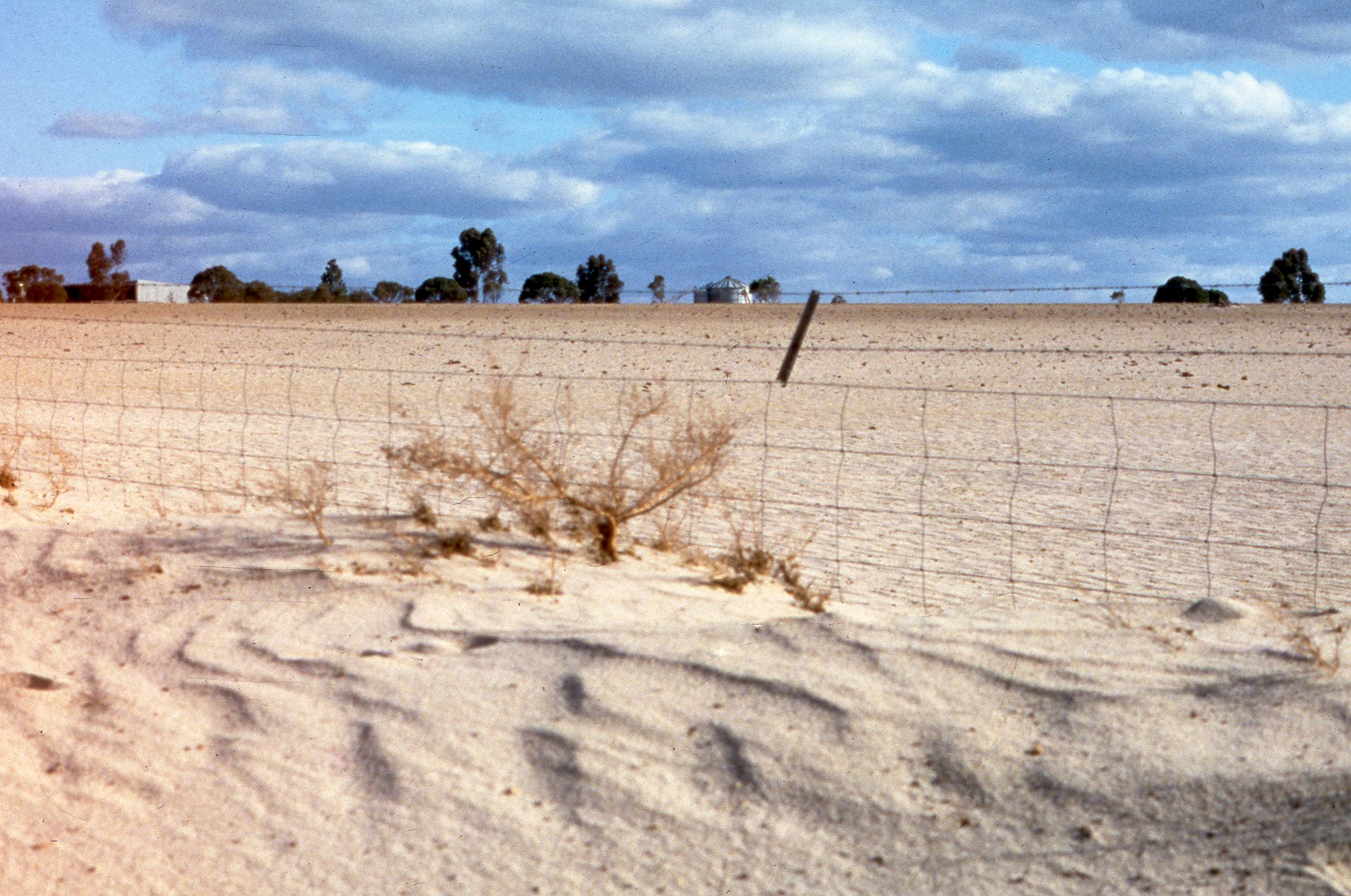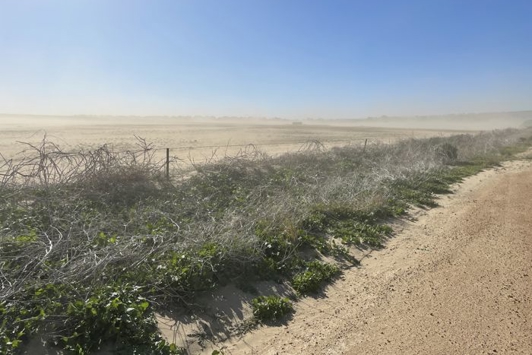The Commissioner’s role
A key function of the Commissioner is preventing and mitigating land degradation, including erosion, salinity, flooding, eutrophication and loss of vegetation. This function includes responding to situations where management threatens or causes land degradation, as well as compliance with the Act and Regulations.

Who can make a complaint about land management?
Members of the public can lodge a complaint about observed land management with the Commissioner of Soil and Land Conservation (the Commissioner) in Western Australia, and the Commissioner will then investigate the complaint as required in the Soil and Land Conservation Act 1945 (the Act) or its regulations.
The Commissioner responds to situations where management threatens or causes land degradation, and checks compliance with the Act and Regulations.
How to lodge a complaint
To report land degradation or drainage believed to have been carried out in breach of the Act or regulations, you can contact any DPIRD office or the Office of the Commissioner on 9368 3282. All complaints will be treated as confidential.
What happens after a complaint is lodged?
The Commissioner promotes compliance with the Act, which is consistent with the department’s compliance, enforcement and prosecution policy.
Upon receival of a complaint, the Commissioner:
- registers the complaint
- confirms the validity of the complaint
- contacts the owner or manager of the property that is the source of the condition resulting in a valid complaint
- provides instructions and/or advice to assist the landowner to remedy the identified condition
- failing to carry out remedial work may result in the Commissioner issuing a soil conservation notice.
If there is a breaches of the regulations
The Commissioner may:
- issue a warning letter where the matter is minor
- issue a soil conservation notice, usually after due warning
- prosecute, where a prima facie case exists and it is in the public interest.

